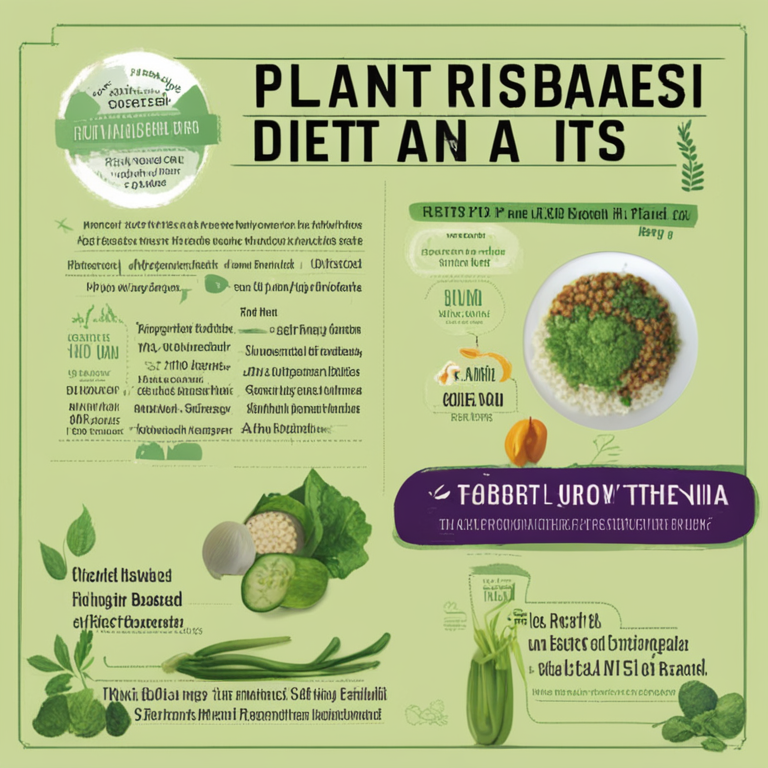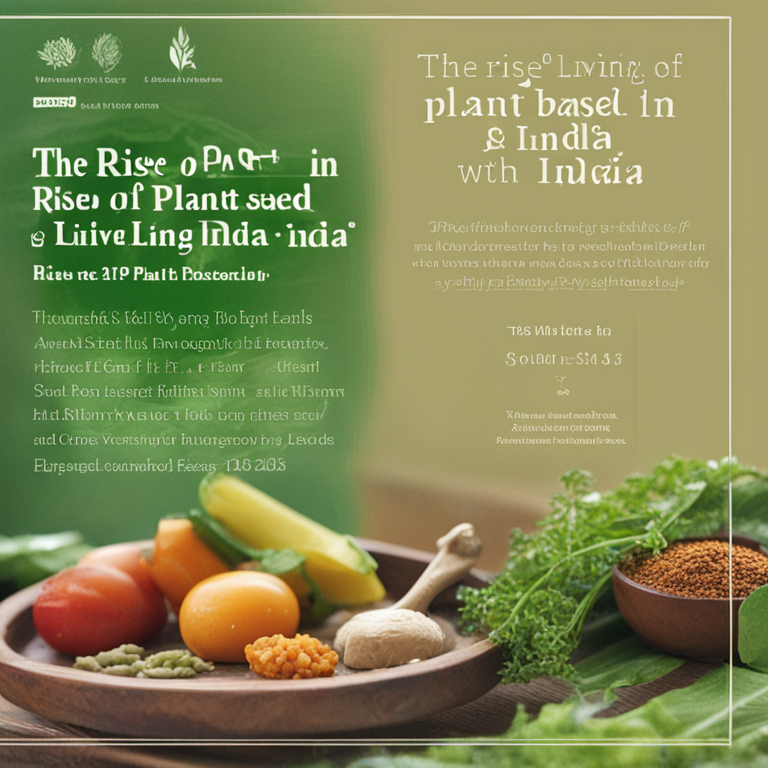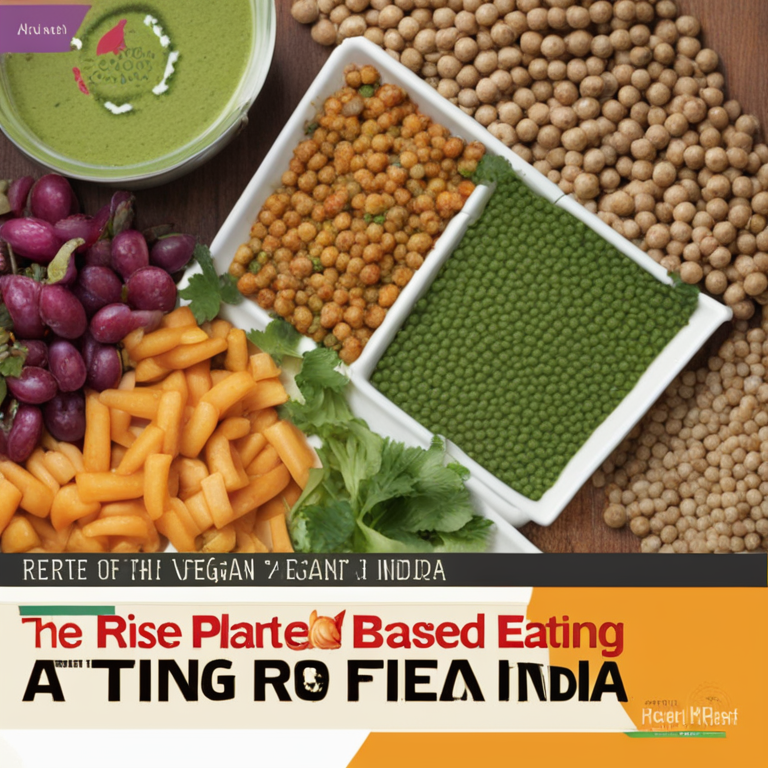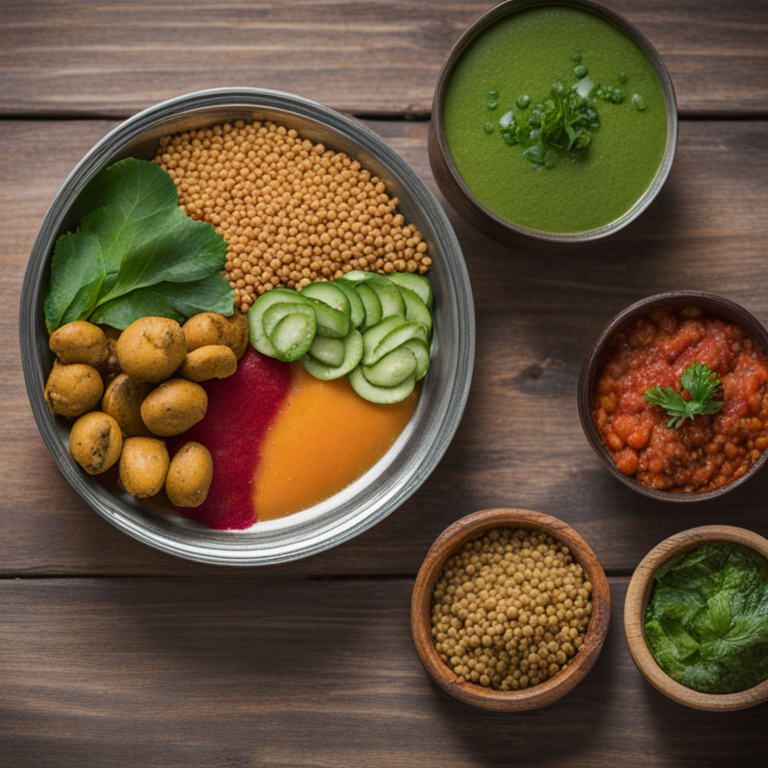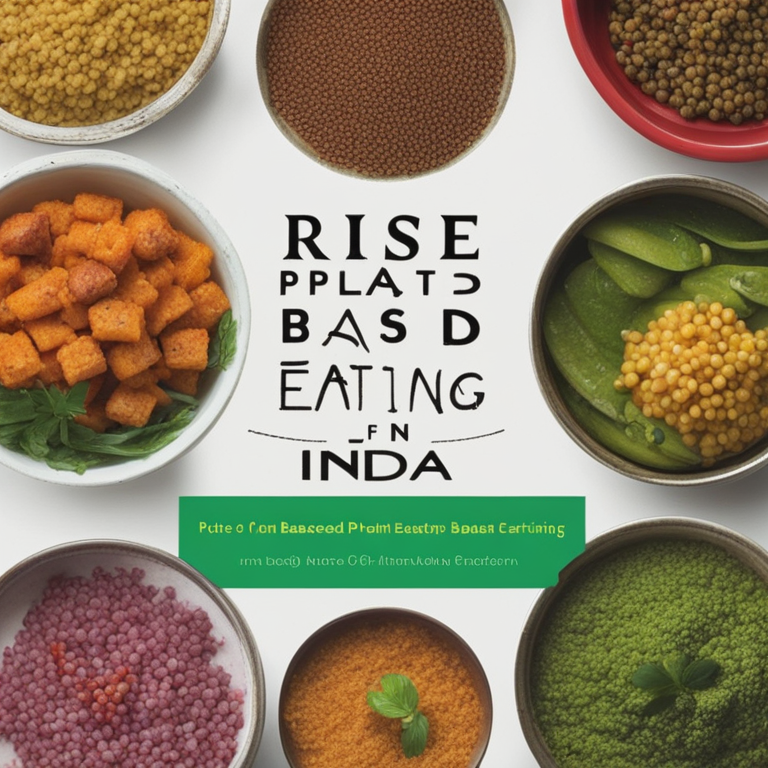Introduction:
Plant-based diets have been gaining popularity worldwide, and India is no exception. With a growing focus on health and sustainability, more and more people in India are choosing to adopt plant-based diets. From celebrities to athletes to everyday individuals, the rise of plant-based diets in India is undeniable. In this blog post, we will explore the reasons behind this trend, the benefits of plant-based diets, and provide tips for those looking to make the switch.
Benefits of Plant-Based Diets:
1. Health benefits: Plant-based diets are rich in nutrients, vitamins, and minerals that are essential for overall health. They have been shown to reduce the risk of chronic diseases such as heart disease, diabetes, and obesity.
2. Environmental benefits: Plant-based diets have a lower carbon footprint compared to meat-based diets. By cutting down on meat consumption, individuals can help reduce greenhouse gas emissions and promote sustainability.
3. Animal welfare: One of the main reasons why people choose plant-based diets is to reduce animal suffering. By opting for plant-based foods, individuals can support cruelty-free eating practices.
Reasons for the Rise of Plant-Based Diets in India:
1. Health awareness: With the rise of lifestyle diseases such as diabetes and obesity, more Indians are becoming aware of the importance of a healthy diet. Plant-based diets offer a way to incorporate more fruits, vegetables, and whole grains into one’s diet.
2. Cultural influences: India has a rich tradition of vegetarianism, with many traditional Indian dishes being plant-based. This cultural influence has made it easier for individuals in India to adopt plant-based diets.
3. Celebrity endorsements: Celebrities and influencers in India have been vocal about their support for plant-based diets, inspiring their followers to make the switch as well.
Tips for Adopting a Plant-Based Diet in India:
1. Start slowly: Transitioning to a plant-based diet can be overwhelming, so start by incorporating one plant-based meal a day and gradually increase from there.
2. Explore Indian cuisine: Indian cuisine is rich in plant-based foods such as lentils, vegetables, and grains. Look for traditional Indian recipes that are naturally vegan or vegetarian.
3. Supplement when necessary: Plant-based diets can be lacking in certain nutrients such as B12, iron, and omega-3 fatty acids. Consider taking supplements or incorporating fortified foods to ensure you are meeting your nutritional needs.
4. Get creative: Experiment with different plant-based ingredients and recipes to keep things interesting and flavorful. Try new fruits, vegetables, grains, and legumes to diversify your diet.
Conclusion:
The rise of plant-based diets in India reflects a growing awareness of the health, environmental, and ethical benefits of plant-based eating. With the availability of plant-based options, cultural influences, and a shift towards sustainable living, more and more Indians are choosing to adopt plant-based diets. Whether you are looking to improve your health, reduce your carbon footprint, or support animal welfare, transitioning to a plant-based diet can have a positive impact on both your well-being and the planet. By following the tips outlined in this blog post, you can make the switch to a plant-based diet in India and reap the benefits it has to offer.
👉 [Best Deals on Amazon!](https://amzn.to/abcd) | [Flipkart](https://fkrt.it/xyz123)
